"Pleasure and Desire" is a unique micro-historical research work by Dr. Erica J.Peters, with a new perspective: studying human society through the way they eat.
Dr. Erica J. Peters is co-founder and director of the Northern California Culinary Historians Association. She received her BA from Harvard University and her PhD in history from the University of Chicago. She has written on various aspects of Vietnamese history and
cuisine and has presented at numerous conferences across the United States and abroad.
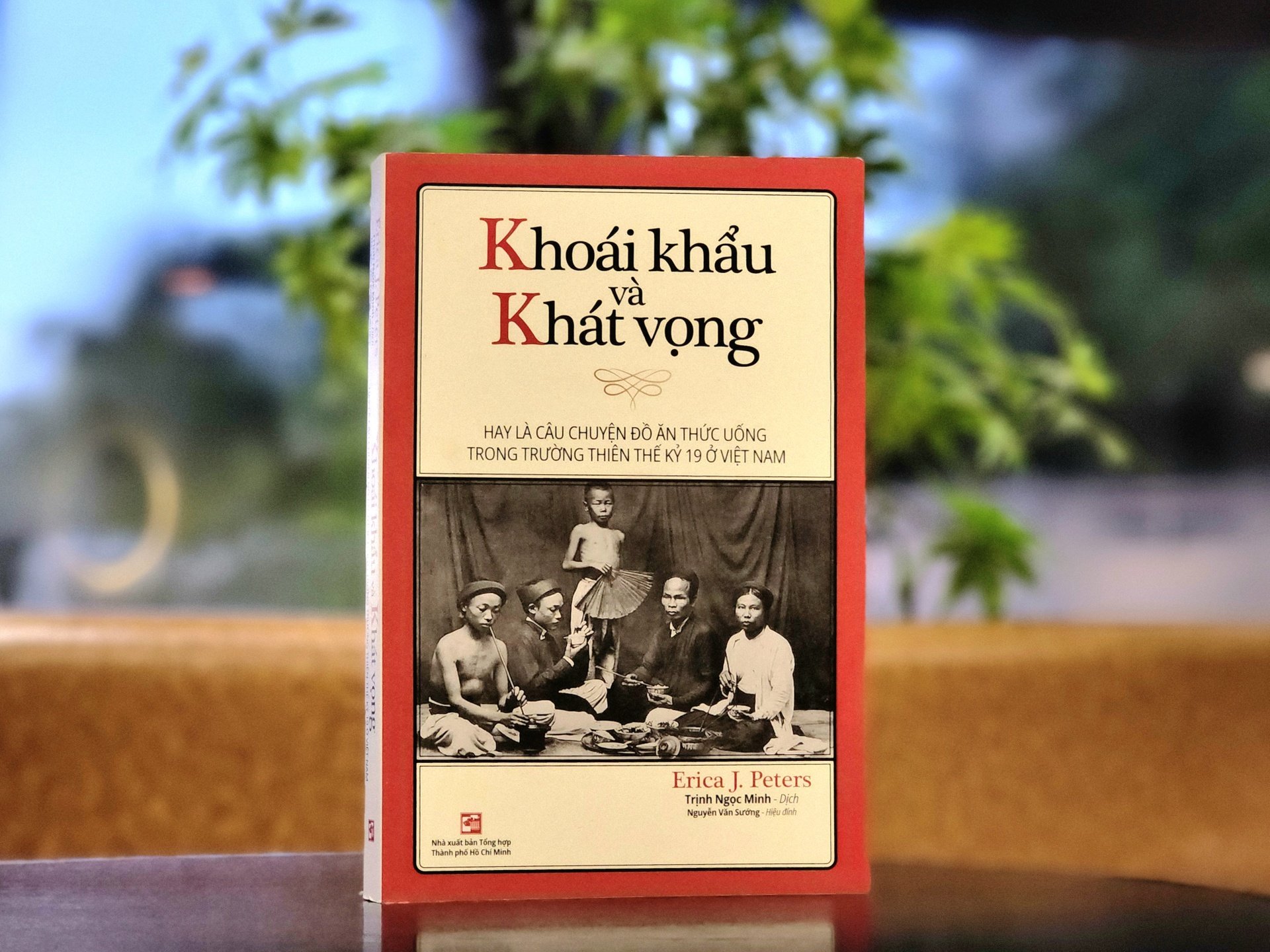
Book of Pleasure and Desire. Photo: QM.
A unique way of learning about the past
In the book
Appetite and Desire , Erica J.Peters chose a unique way of studying the past: studying human society through the way they eat. This is an important trend of world history: studying not only "big" histories such as
politics , economics, war... but also expanding the field of research to "small" fields such as fashion, cuisine, entertainment... In the introduction to the book, Erica J.Peters wrote: "Food not only tells who people are but also tells what they want to become. Research on food should not only consider how identity is formed through food but also how individuals have used food to promote their own interests and aspirations." Although it is a "small" perspective, it does not mean trivial but finding another "entrance", another approach, a vivid look at the past. And through this perspective, the author looks at the life of a community closer to historical truth, discovering the hidden dynamics and processes of history. According to Erica J.Peters, to write the book, she collected and processed a huge amount of documents about Vietnam, including history (public and private history), non-fiction records of the Middle Ages, Chinese and Nom literature of the Middle Ages, folklore documents, archives of the colonial government and newspapers as well as literature of the French colonial period, in many different languages. That amount of documents/historical materials alone is a great contribution of the book. It systematizes a huge list of documents for those who want to learn about Vietnam and can be referenced in many other studies.





![[Photo] Unique art of painting Tuong masks](https://vphoto.vietnam.vn/thumb/1200x675/vietnam/resource/IMAGE/2025/11/14/1763094089301_ndo_br_1-jpg.webp)




![[Photo] Unique architecture of the deepest metro station in France](https://vphoto.vietnam.vn/thumb/1200x675/vietnam/resource/IMAGE/2025/11/14/1763107592365_ga-sau-nhat-nuoc-phap-duy-1-6403-jpg.webp)










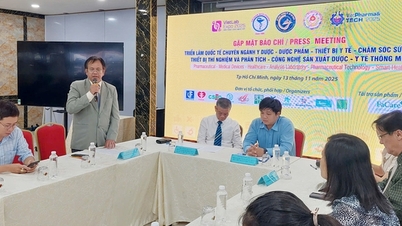

















![[Photo] Special class in Tra Linh](https://vphoto.vietnam.vn/thumb/1200x675/vietnam/resource/IMAGE/2025/11/14/1763078485441_ndo_br_lop-hoc-7-jpg.webp)











































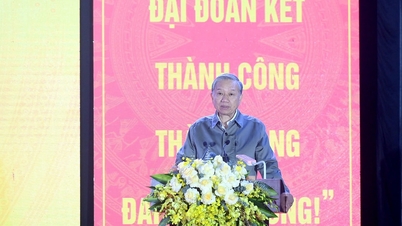




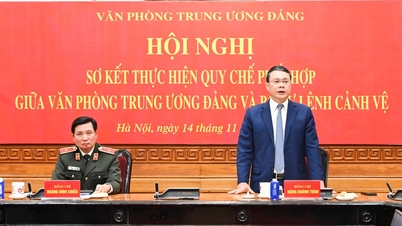






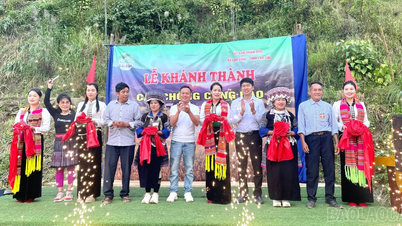

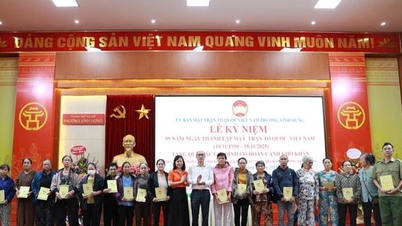












Comment (0)